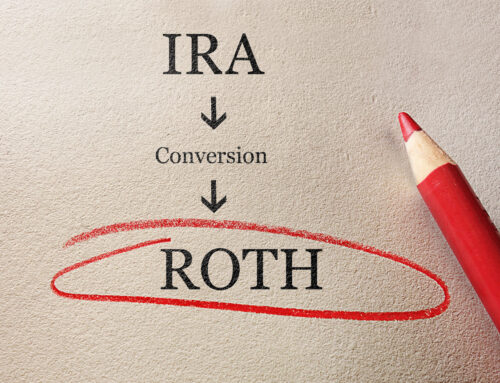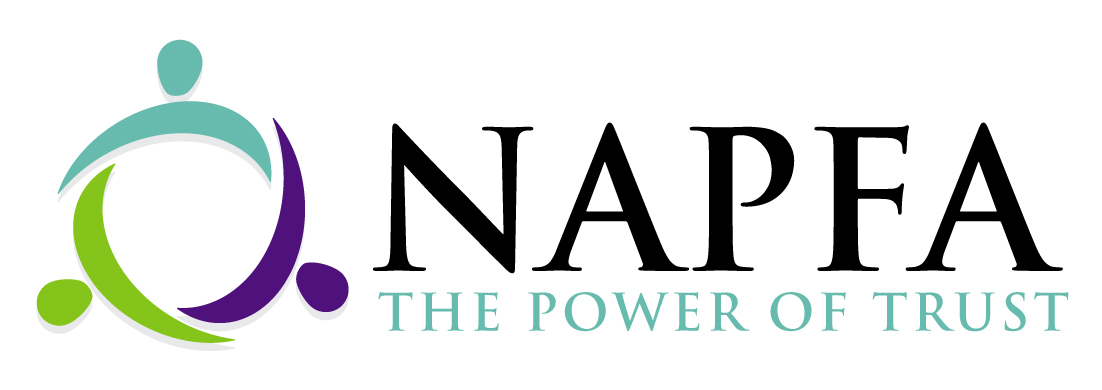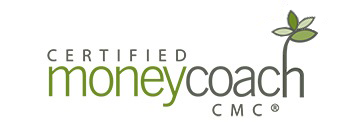How to Communicate Values to Your Heirs
When most people think about legacy planning, their minds immediately go to wills, trusts, and the transfer of financial assets. While these elements are undeniably important, they represent only part of the picture. True legacy planning extends beyond money – it encompasses the preservation of your values, beliefs, and guiding principles. These are the intangible treasures that shape your life decisions, influence your family’s culture, and, when communicated effectively, create a lasting impact that spans generations.
If you’ve worked hard to build wealth and opportunities, you likely want more for your heirs than financial security. You want them to carry forward the essence of the values you demonstrated during their formative years. Without intentional planning, however, these deeper aspects of your legacy risk being lost. That’s where values-based estate planning becomes essential.
In this article, we’ll explore how to clarify your values, communicate them effectively, and integrate them into your estate and financial planning. By doing so, you can preserve not only your wealth but also the principles that matter most to you and your family.
The Role of Values in Legacy Planning
Values are more than preferences or aspirations; they are the fundamental truths that guide your decisions and reflect who you are at your core. Unlike goals, which change with life stages, or morals, which can be taught or adopted, values are deeply embedded from childhood and remain consistent throughout your life.
For example, you may value independence, generosity, integrity, or family unity. While the ways you express those values may evolve – perhaps giving more to charity later in life or prioritizing family gatherings over career advancement – the underlying principles remain steady.
When values are honored in both decision-making and action, they provide a powerful sense of fulfillment and direction. Conversely, when decisions conflict with your values, the result is often dissatisfaction or regret. This is why clarifying your values is not just an academic exercise – it is a cornerstone of both personal well-being and meaningful legacy planning for families.
Why Clarifying Your Values Matters
One of the most common misconceptions about values is that they change with circumstances or financial status. In reality, wealth may amplify your ability to act on your values, but it does not alter what those values are.
Consider this: you might begin your career seeking financial security, but as you accumulate wealth, your goals may shift toward philanthropy or creating opportunities for others. The core value—providing stability for yourself and your loved ones—remains intact, though its expression takes different forms.
Clarifying your values helps you:
- Align financial decisions with what matters most – From investment strategies to philanthropic initiatives, values-driven choices create harmony between your money and your meaning.
- Strengthen family relationships – Sharing your values creates common ground and opens opportunities for dialogue, especially when navigating complex family dynamics.
- Preserve your legacy beyond wealth – Future generations will remember not just what you left them, but also the guiding principles you lived by.
How to Identify Your Core Values
The process of identifying values is less about invention and more about discovery. Your values already exist; the task is to uncover them and bring them into conscious focus.
Start by reflecting on these guiding questions:
- What is most important to me in life?
- What am I unwilling to compromise on?
- When have I felt most fulfilled? What was happening in those moments?
Write down your answers and look for recurring themes. For example, if your proudest moments involve acts of generosity, community service, or mentorship, generosity or service may be a core value. If your answers revolve around resilience and independence, self-reliance might be central.
Remember: clarifying values is not about choosing ideals you think you should value. It’s about uncovering the truths that have quietly guided your choices all along.
Linking Values to Financial Planning
Once values are clear, the next step is integrating them into your financial and estate planning. This creates alignment between your wealth and your principles, ensuring that your money continues to serve a meaningful purpose even after you’re gone.
Here are some practical ways to link values with financial planning:
- Philanthropy & Charitable Giving
- If generosity is a core value, consider establishing a donor-advised fund, charitable trust, or family foundation. Involve your heirs in decision-making to foster shared purpose.
- Investment Strategies
- For those who value integrity or sustainability, impact investing or ESG (Environmental, Social, Governance) strategies can reflect these priorities while still building wealth.
- Education & Mentorship
- If you value knowledge or personal growth, setting aside funds for education – whether through 529 plans, scholarships, or mentorship opportunities – reinforces that legacy.
By integrating your values into these strategies, you ensure that your financial plan doesn’t just build wealth – it becomes a tool for values-based estate planning.
Communicating Values to the Next Generation
Financial assets can be passed on through trusts, wills, and estate documents. But values require more personal, intentional communication. Without it, your heirs may inherit your wealth without the wisdom to steward it effectively.
Here are effective ways to communicate your values:
- Family Conversations
Schedule regular discussions that go beyond financial updates. Share stories about pivotal life decisions, lessons learned, and why certain principles matter to you. - Letters of Intent or Ethical Wills
These non-legal documents allow you to express your hopes, values, and guiding philosophies in writing. Unlike a legal will, an ethical will provides context, meaning, and emotional guidance for your heirs. - Storytelling
Family stories are powerful vehicles for transmitting values. Whether through recorded interviews, memoirs, or casual storytelling at gatherings, they create lasting impressions. - Modeling Behavior
Ultimately, actions speak louder than words. Demonstrating your values consistently—through generosity, integrity, or perseverance—leaves a stronger imprint than any speech.
Integrating Values Into Estate Planning
Values-based legacy planning doesn’t replace traditional estate planning; it complements it. Trusts, wills, and legal structures are essential for transferring wealth, but when combined with intentional communication of values, they form a holistic plan. For example:
- If heirs are too young for meaningful conversations, documenting your values in writing ensures they’ll be preserved until the time is right.
- If you have multiple children or beneficiaries, articulating shared values can reduce conflict and foster unity.
- If charitable giving is a priority, building it directly into your estate plan ensures those commitments outlast you.
The legal documents distribute the what. Your values explain the why.
Conclusion
Legacy planning is about more than transferring assets – it’s about passing along the essence of who you are. Your values, not just your wealth, are what your heirs will remember and build upon. By clarifying what matters most to you, linking those values to your financial decisions, and communicating them effectively, you ensure that your legacy extends well beyond money.
If you’ve already begun estate planning, now is the time to take the next step: integrate your values into the process. And if you haven’t yet started, consider this the perfect opportunity to craft a legacy that reflects both your wealth and your wisdom.
Your heirs deserve more than financial security – they deserve the enduring gift of your values. By prioritizing values-based estate planning and focusing on legacy planning for families, you can ensure your most important principles live on for generations to come.



























